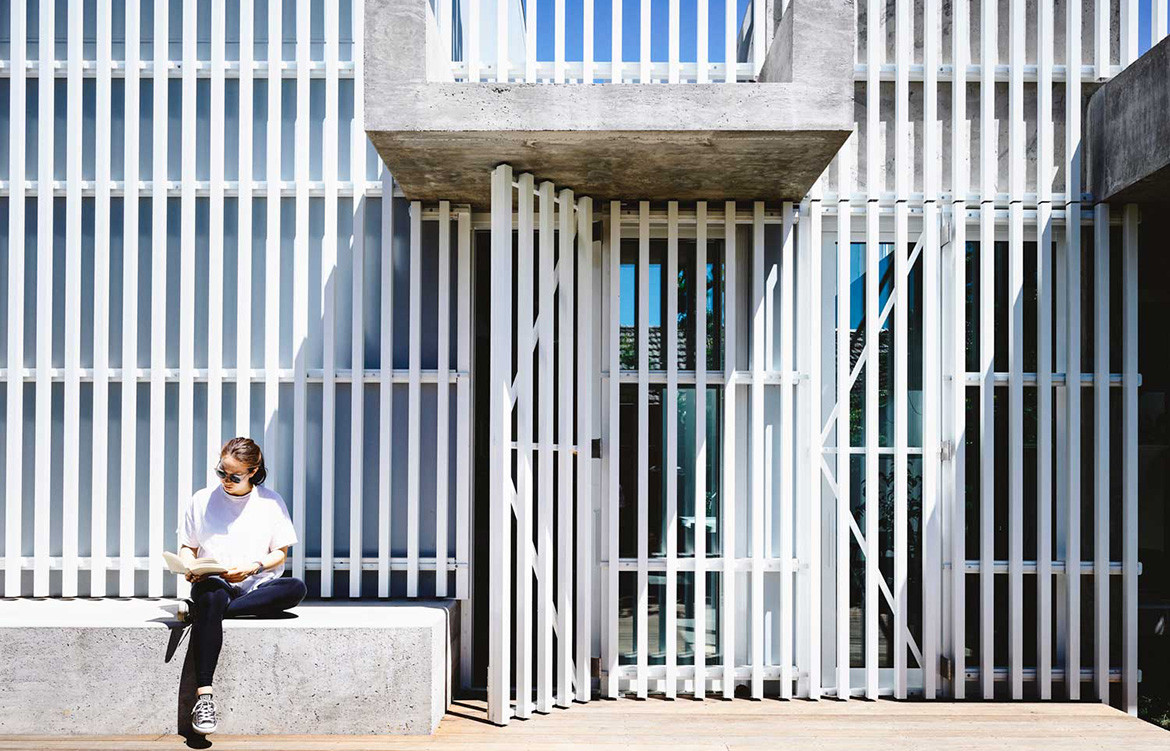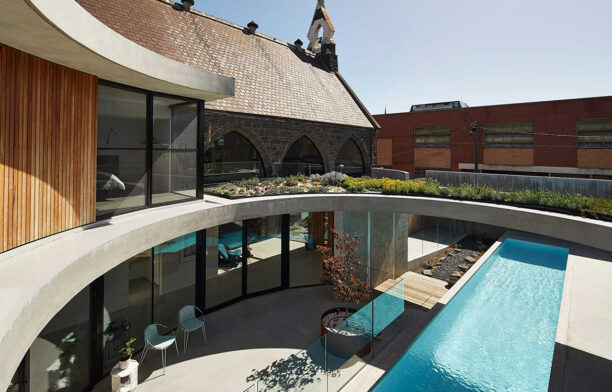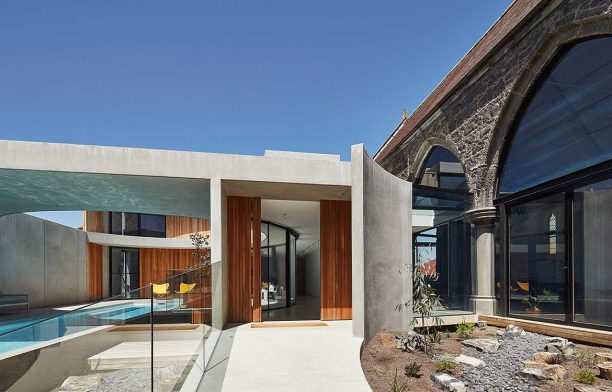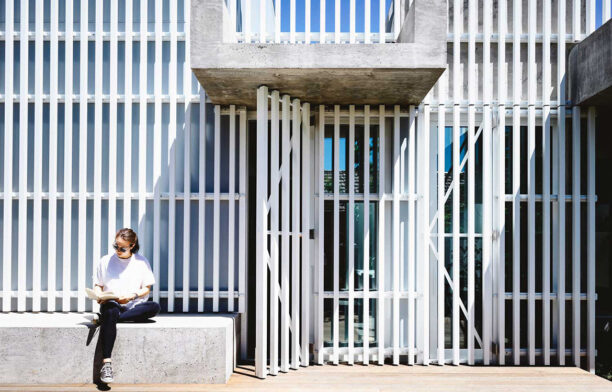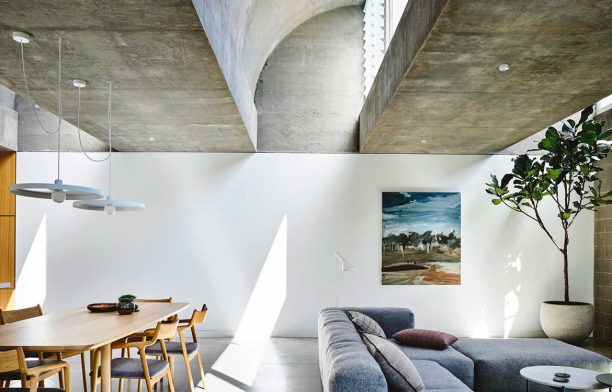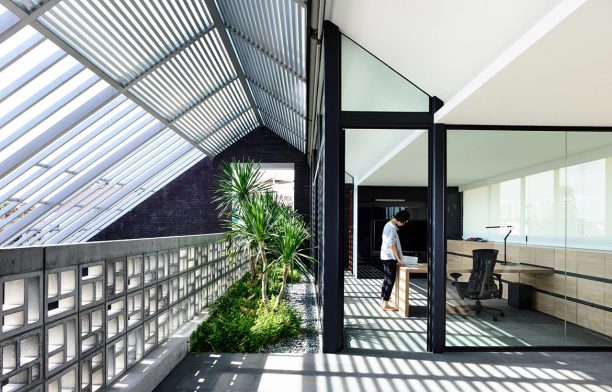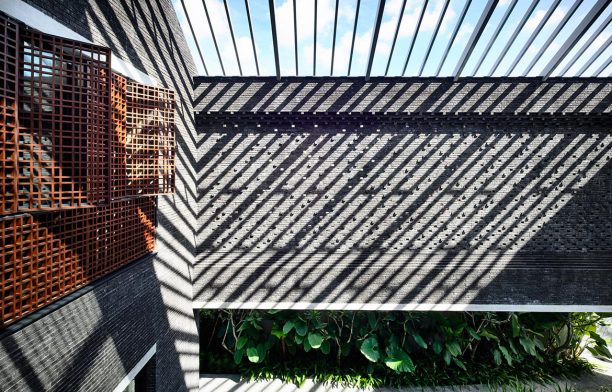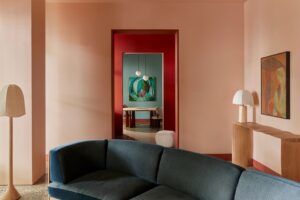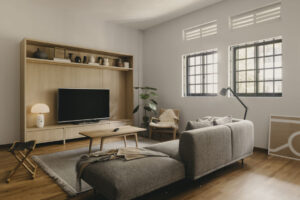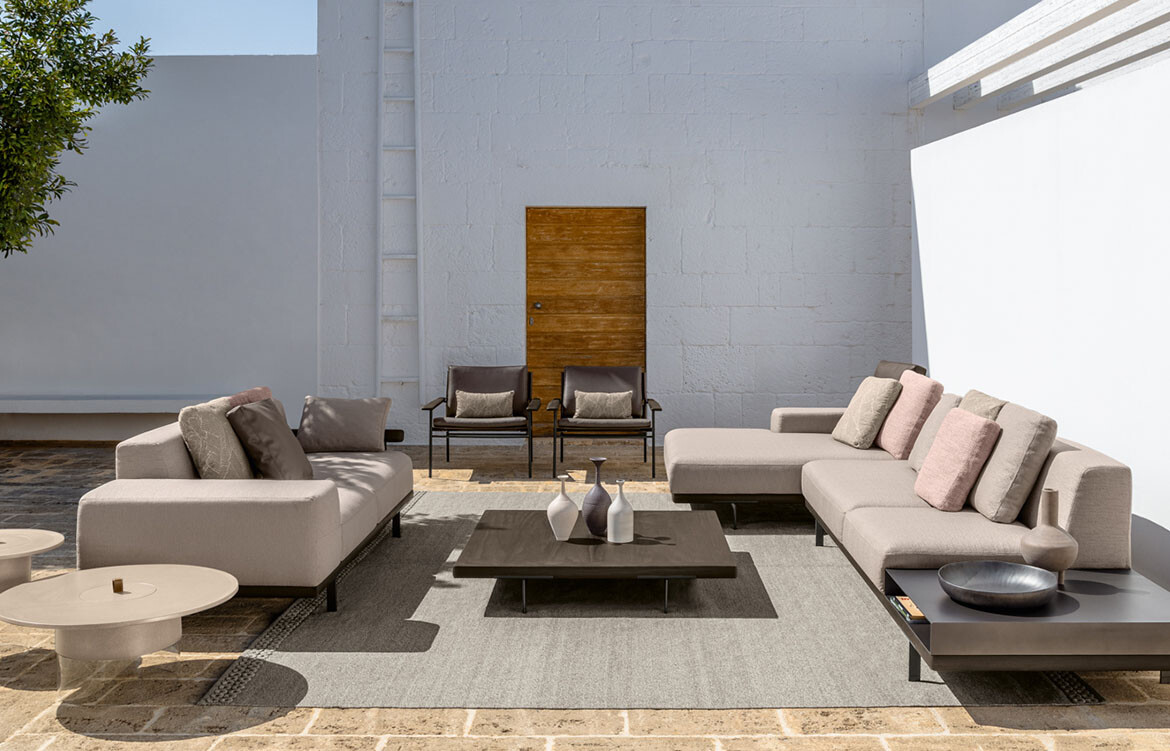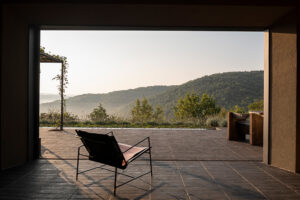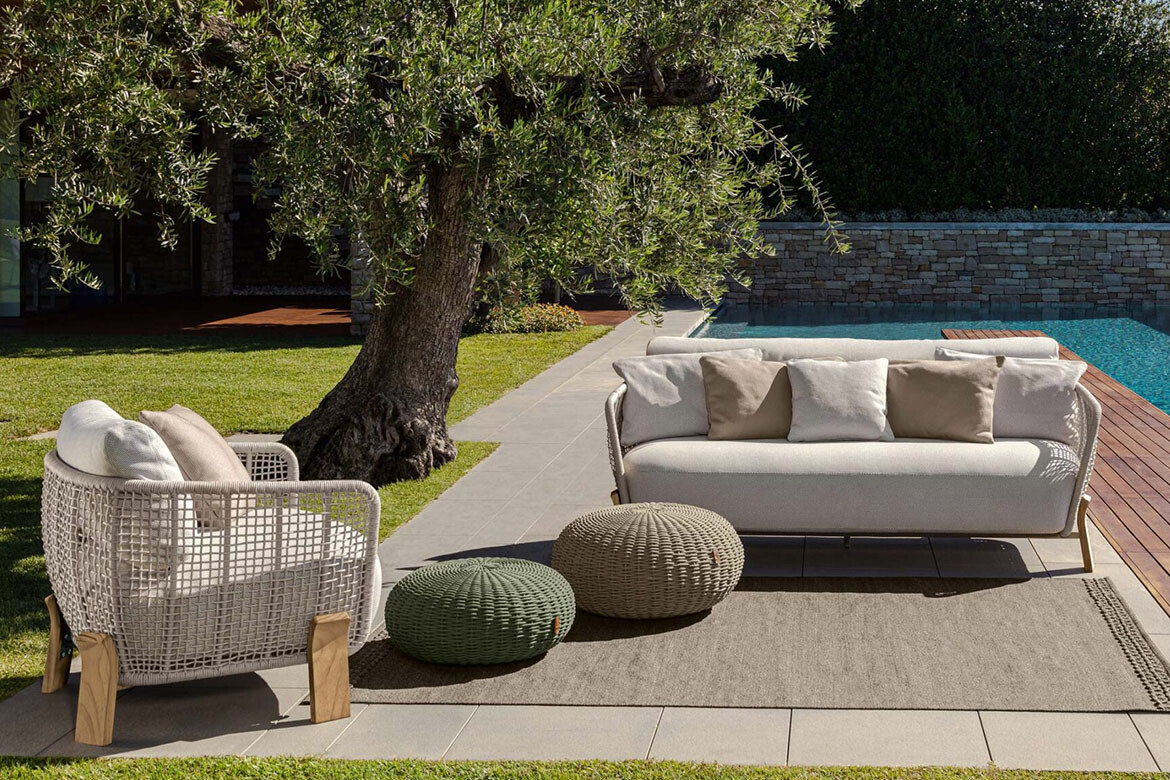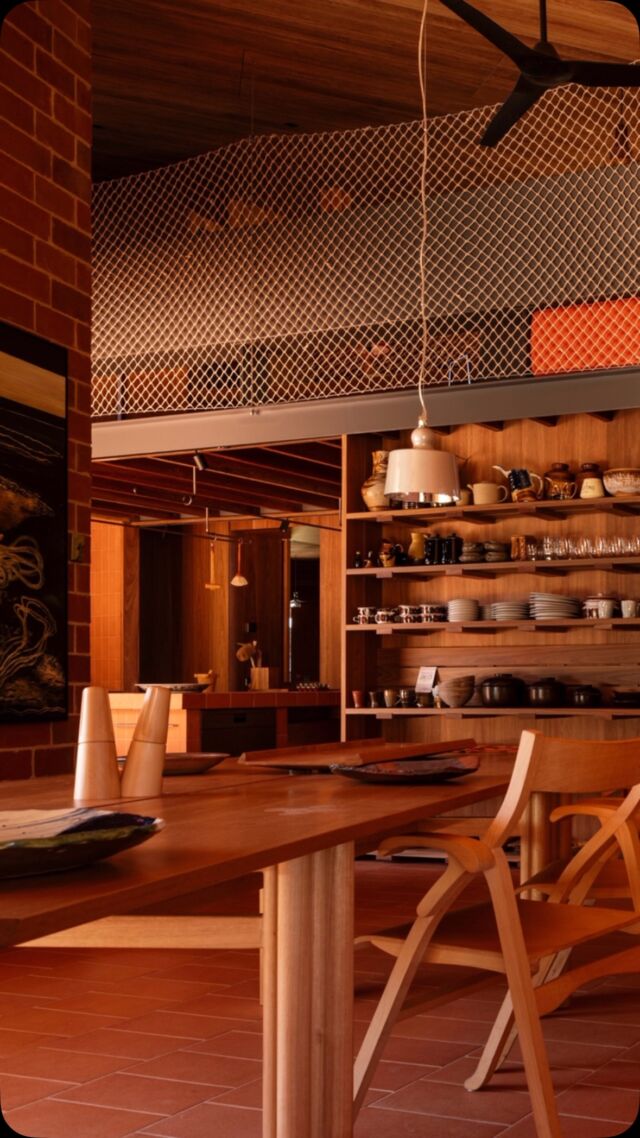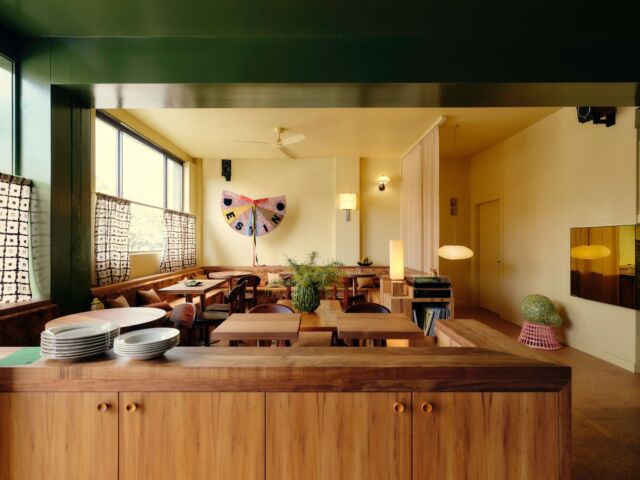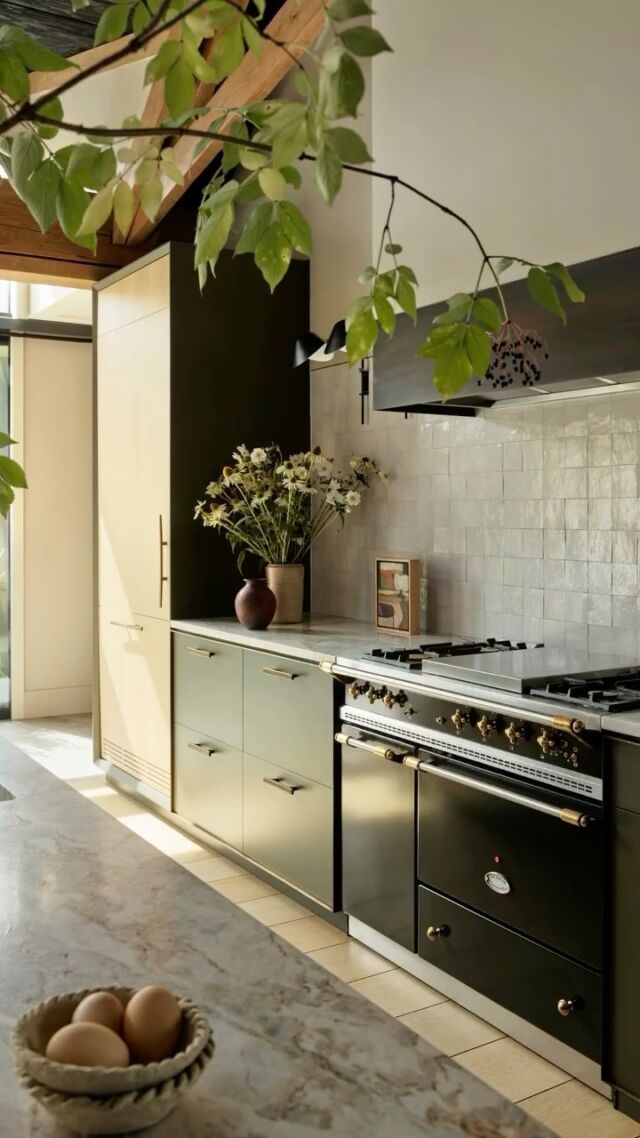Lifestyles and behaviours of the 21st century have pushed designers and architects to focus on designing homes that are fully functional, innovative and sustainable. Not only do homes today house a variety of different functions – with the rise of flexible working space and open plan living designs – but they also directly address the essential needs of the users, meticulously crafted to be inspiring and thought-provoking.
Being not quite two decades into the 21st century has also coerced designers, urban planners and architects to come to terms with the repercussions of suburban sprawl. The relationship between the built and natural environment have never overlapped more.
Looking back at the last two years of the INDE.Award The Living Space category proves this shift in residential design. Apart from demonstrating architectural advancements that are in direct response to the clients, the following projects also prove that architectural form no longer expresses the traditional family unit. Aesthetically, there’s barely a pitched roof in sight. Instead, the following living spaces reflect something less binary, more ambiguous, freer and more individual.
The Living Space category of the 2019 INDE.Awards is a way of recognising the creative industry’s engagement in progressive and innovative designs of a present-day home. For the third year running, The Living Space category is presented by Gaggenau, the world’s leading luxury brand of home appliances, over 335 years in the making.
The Courtyard House by Kister Architects

With the intention to redefine the concept of the family home, Kister Architects has created an inner-city refuge. Located in Collingwood, Melbourne, Courtyard House is the result of an intricate conversion of an 1874 Gothic Revival Church into a 21st century contemporary home. Preserving and celebrating the heritage of the bluestone structure, the addition of the concrete forms compliment the original frame while inviting people to challenge their existing understanding of a modern home.
The expansive glass façades drench the interior walls and concrete floors in natural light, highlighting the large volume and intricate details that were once hidden within the enclosed walls of the church. The creation of the halo-like concrete structure is a modernist addition, allowing internal living spaces to open out onto a private, utopian outdoor sanctuary. The central focal point of Courtyard House, where the exterior and interior overlap, is cut in half with a round concrete canopy opening a view to the pool. Such spatial revelations encourage residents to interact with the design in a new way. Where its bold size fosters togetherness, and its interiors nurturing flexibility.
Kister Architects
kisterarchitects.com.au
Moving House by Architects EAT

Focused on creating a unique orchestration of spaces, Architects EAT has created a home that takes the individual through an experiential journey of geometric shapes. It is a family home with a harmonious combination of textures and dramatic manipulations of light. Moving House in Kew, Melbourne, is hidden behind a sculptural white external wall made of aluminium. The external skeleton defines the exterior visual character that is immediately contrasted with the internal experience of the curved vaults within the linear home.
The prolonged journey through the entrance of cantilevered concrete beams and hanging plants allow residents to slowly immerse themselves into the expansive volume of concrete. Within the interior, the subtlety in the combination of materials and colour help to define a soft and tranquil space. This is amplified by the three skylight structures to allow indirect lighting, which transcend the user into a place of tranquillity. Synonymous to the studio, Architects EAT uses the repetitive geometric curves and undefined internal narrative in Moving House to depict its interest in phenomenology and choreography. The result is a visceral, behavioural and reflective experience through the structural and architectural clarity of the space.
Architects EAT
eatas.com.au
Room Without Roof by HYLA Architects

Taking in the form of a two-storey brick residence, HYLA Architects has designed a home that diminishes the boundary between the interior and exterior in Siglap Plain, Singapore. Following the archetypal structure of a gable roof, the externally exposed courtyard becomes the focal point of the design where the verticality of the space frames the juncture between the two spaces and merges them as one. Large brick-sized openings and protruding bricks cover the dark grey exterior cladding of the house, filtering the way that light enters and floods the volume of the space.
Within the enclosed spaces of the interior, the outdoor theme is continued throughout as small pockets of nature appear along the way to create secluded areas of contemplation and tranquillity. The synthesis between the extensive concrete screen, brick structure and exposed internal and exterior spaces allow the visual screening of the home to be efficiently controlled without compromising the privacy of the residence. Room Without Roof thoughtfully explores the narrative between indoor and outdoor spaces and how to blur the lines between the two to create an ethereal sanctuary within. The architects have delicately defined the home’s relationship with its extended surroundings.
HYLA Architects
hyla.com.sg
Designers understand that every living space must withhold qualities and characteristics that demonstrate efficiency and performance as well as a unique and imaginative aesthetic within a contemporary home. Multi-functional open spaces that combine living, dining and kitchen areas demand quality appliances and innovative technology to accommodate the evolving nature of the modern home and its residents.
For Gaggenau, regarded as the world’s oldest kitchen appliance brand, the last three centuries have merely proven that no great home is complete without a great kitchen. The kitchen is often considered a place to create and reflect, and it has the power to transform a house into a home. If the kitchen is the heart of the home, then Gaggenau is the soul of the kitchen. Craftsmanship is the Gaggenau backbone, with the iconic 90cm oven, the EB 333, being hand built for over 30 years. An artisan imprints the Gaggenau name onto each and every baking stone by hand. Of the 840 processes involved in assembling the Gaggenau refrigerators, 813 are done by hand. The rationale for all this precious human involvement in the production process is simple: it is the only way to imbue a product with something akin to a soul.
With a key pillar being to design home appliances with precision for professional cooking, the German brand has always united the best in modern technology and high-quality materials. And having seen kitchens evolve over three centuries, Gaggenau knows better than most about what makes a Living Space truly inspiring. As such it is a proud partner of the 2019 The Living Space Category at this year’s INDE.Awards.
INDE.Awards
indeawards.com


